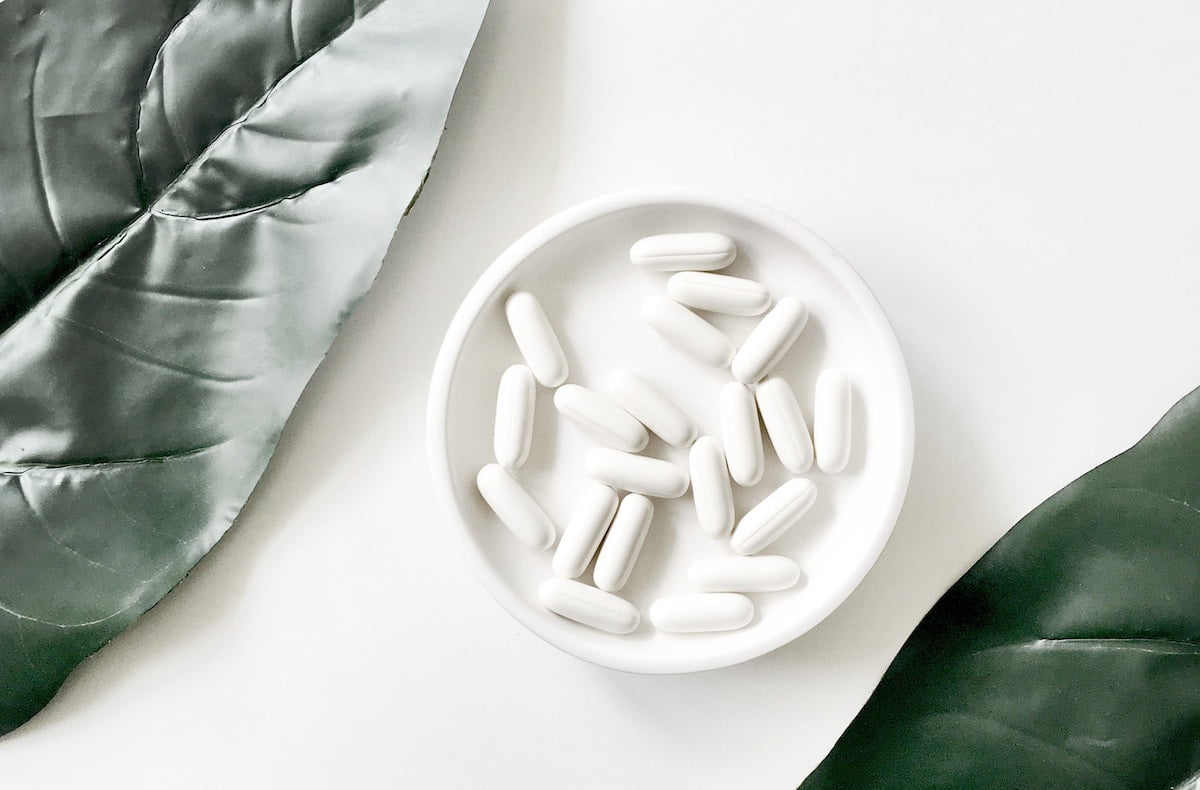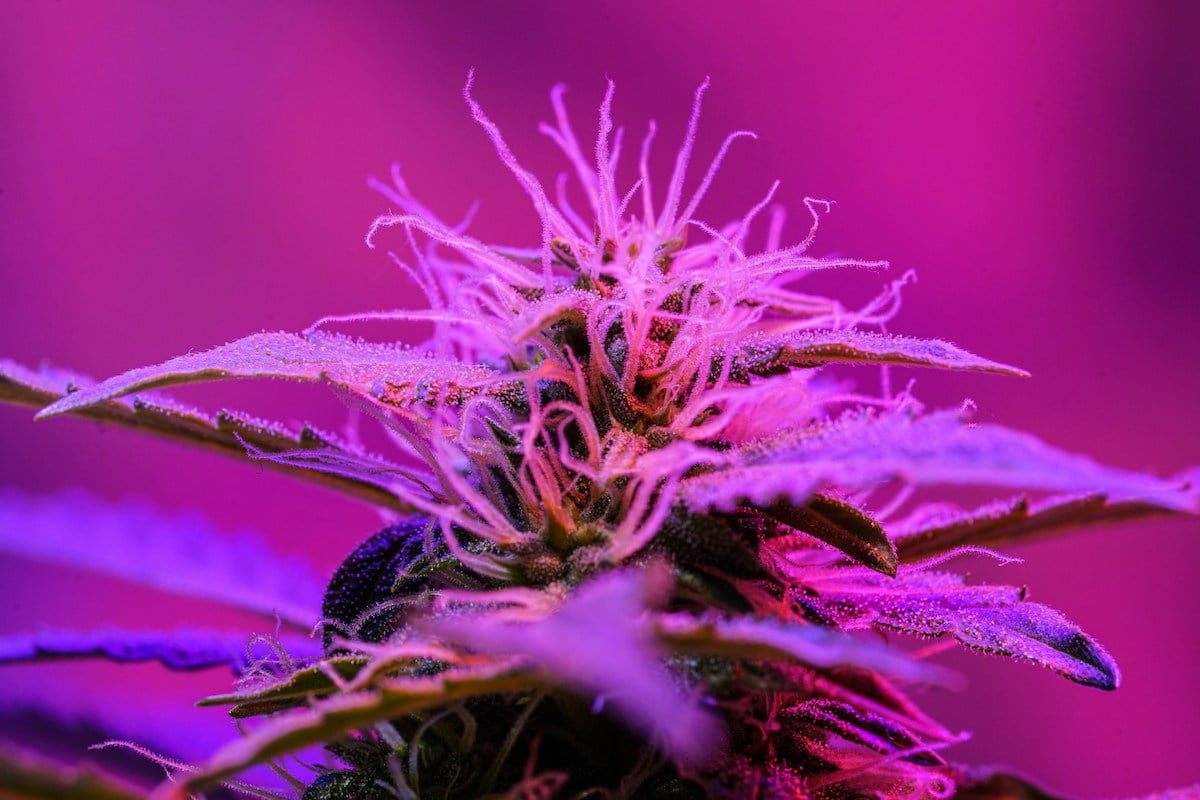Two new drug candidates have been developed for the treatment of addiction and depression that have been modelled on the pharmacology of a traditional African psychoactive plant medicine, ibogaine.
Ibogaine is found in the roots of the tabernanthe iboga plant and has been used for millennia during shamanistic rituals.
In the 19th and 20th centuries, doctors in Europe and America experimented with its use in treating a variety of ailments, but the drug never gained widespread acceptance and was ultimately made illegal in many countries.
While there is limited clinical research into the use of ibogaine in humans, a 2016 systematic review of animal studies determined that the compound reduced addiction to cocaine, ethanol and opioids, with effects lasting for over 72 hours after administration.
The researchers note: “This is in line with human case reports, describing long-lasting effects of ibogaine on craving in patients with cocaine and opiate dependence, for several months.”
To develop the two new drugs, the team of scientists from UCSF, Yale and Duke University took inspiration from ibogaine’s impact on the serotonin transporter (SERT), which is also the target of SSRI antidepressants like fluoxetine (Prozac).
Brian Shoichet, PhD, co-senior author and professor in the UCSF School of Pharmacy, commented: “Some people swear by ibogaine for treating addiction, but it isn’t a very good drug. It has bad side effects, and it’s not approved for use in the US.
“Our compounds mimic just one of ibogaine’s many pharmacological effects, and still replicate its most desirable effects on behaviour, at least in mice.”
Developing the drugs
The team virtually screened 200 million molecular structures to find ones that blocked SERT in the same way as ibogaine.
Dozens of scientists from the laboratories of Shoichet, Allan Basbaum, PhD, and Aashish Manglik, MD, PhD, (UCSF); Gary Rudnick, PhD, (Yale); and Bill Wetsel, PhD, (Duke) helped demonstrate the real-world promise of these novel molecules, which were initially identified using Shoichet’s computational docking methods.
Docking involves systematically testing virtual chemical structures for binding with a protein, enabling scientists to identify new drug leads without having to synthesise them in the lab.
“This kind of project begins with visualising what kinds of molecules will fit into a protein, docking the library, optimising, and then relying on a team to show the molecules work,” said Isha Singh, PhD, a co-first author of the paper who did the work as a postdoc in Shoichet’s lab. “Now we know there’s a lot of untapped therapeutic potential in targeting SERT.”
Shoichet explained part of the problem is that ibogaine interferes with many aspects of human biology: “Ibogaine binds to hERG, which can cause heart arrhythmias, and from a scientific standpoint, it’s a ‘dirty’ drug, binding to lots of targets beyond SERT.
“Before this experiment, we didn’t even know if the benefits of ibogaine came from its binding to SERT.”
The two most potent SERT inhibitors were identified and sent for rigorous testing on animal models of addiction, depression and anxiety. At very low doses, these new compounds were able to blunt symptoms of both conditions in mice.
Manglik, an expert with cryo-electron microscopy (cryo-EM), confirmed that one of the two drugs, dubbed ‘8090, fit into SERT at the atomic level.
The drugs inhibited SERT in a similar way to ibogaine, but unlike the psychedelic, their effect was potent and selective, with no spillover impacts on a panel of hundreds of other receptors and transporters.
“With this sort of potency, we hope to have a better therapeutic window without side effects,” Basbaum said. “Dropping the dose almost 200-fold could make a big difference for patients.
Shoichet has submitted the structures of both new molecules to Sigma Aldrich, the chemical manufacturing company, aiming to make the them available for further testing by other scientists, while he continues to hunt for more precise molecules.
“This is really the way science should be done,” Basbaum said. “We took a group with expertise in disparate fields and came up with something that might really make a difference.”
The findings have been published in Cell.

 Opinion2 years ago
Opinion2 years ago
 Insight3 years ago
Insight3 years ago
 Medicinal2 years ago
Medicinal2 years ago
 Research2 years ago
Research2 years ago
 Medicinal2 years ago
Medicinal2 years ago
 Markets & Industry1 year ago
Markets & Industry1 year ago
 News3 years ago
News3 years ago
 Medicinal2 years ago
Medicinal2 years ago

















